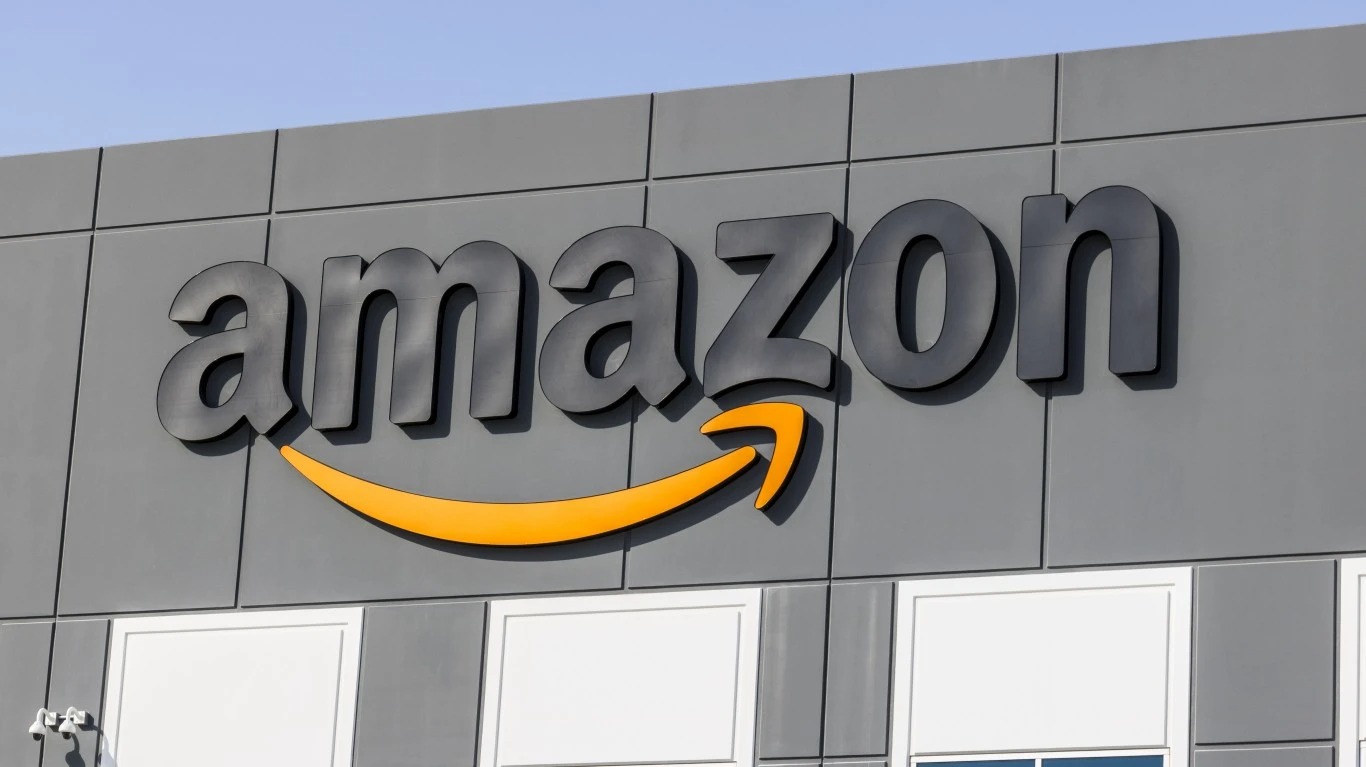
Over the years, there have been famous cases of U.S. antitrust officials attempting to fight monopolistic powers. Standard Oil was ordered to be broken into 33 different companies in 1911 and AT&T’s local phone service was broken up in 1984 into seven companies. Perhaps most famously was the U.S. case against Microsoft, which ended in a settlement in 2002. (These are the oldest companies in the Fortune 500.)
U.S. antitrust laws are intended to curb monopolies, where one company has exclusive control of the market to the point of limiting fair competition. The 1890 Sherman Antitrust Act banned businesses from colluding or merging to form a monopoly. Monopoly power can harm consumers by lowering output, increasing prices, and discouraging innovation that might result in a more competitive market.
Though antitrust cases in the 21st century have mostly resulted in settlements, they at least helped curb certain behaviors. Just this week, Bloomberg reported that a source told the paper that U.S. antitrust officials are preparing a second monopoly lawsuit against Alphabet Inc.’s Google over its digital advertising business, saying Google is abusing its dominance.
Many industries today have one player that controls over half the market share. To find the companies with the highest market shares in their industry, 24/7 Wall St. reviewed data provided by industry market research firm IBISWorld. All data is from IBISWorld. The 50 companies on this list hold over 50% market share in an industry.
Perhaps it is not surprising to find Amazon on the list. The giant e-commerce company has at least a 50% market in three different industries: online children’s toy sales, online hardware and tool sales, and online book sales. Its nearest competitors hold just 6.6%, 20.2%, and 4.0%, respectively.
Companies like Microsoft, Google’s parent Alphabet, and Facebook are also on the list, as is Intuit, which controls nearly 93% of the tax preparation software developers industry. The food and beverage market is also represented, with Anheuser-Busch Inbev controlling about 55% of breweries in the U.S. and Campbell Soup controlling about the same in broth and stock production, among others. (Find out if any of these are among America’s highest paying companies.)
Of course, it is likely not surprising that the federally operated USPS, a legal monopoly that controls nearly 100% of the postal services industry in the U.S., is first on the list. Other legal monopolies include “natural” monopolies such as utility companies, which then tend to be highly regulated.
Click here to see which companies control over 50% of their industry.





